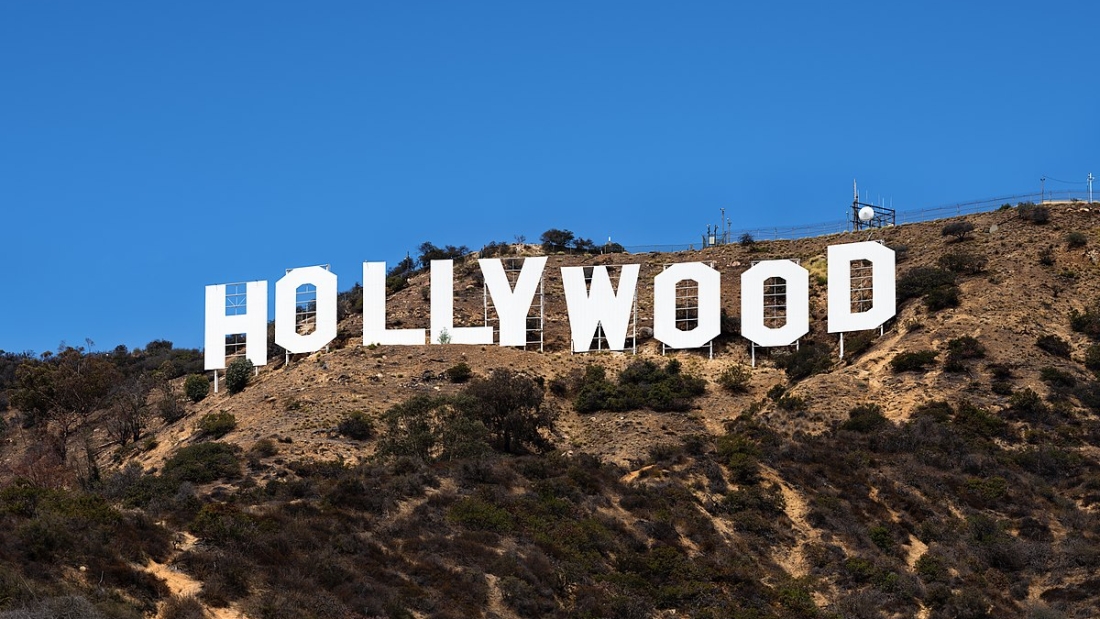Why must we continue this cycle https://t.co/YMiUZNgOhX
— John Grimaldi (@_JohnGrimaldi) March 22, 2024
https://t.co/gvQ5fppgAf pic.twitter.com/5iwlQ6Uz9p
— John Grimaldi (@_JohnGrimaldi) February 24, 2024
https://t.co/qouDuC1QDK pic.twitter.com/L7BxQ5qllt
— John Grimaldi (@_JohnGrimaldi) February 24, 2024
This is not a new problem in Hollywood, but I think I’ve finally hit my breaking point on the epidemic of reboots, remakes, and sequels. I feel like every time I look up, there is another announcement of a movie, or show, that is being brought back or having a completely unnecessary sequel made.
Yes, I’m acutely aware as to why these movies and shows get made: money! But from a creative standpoint, it’s becoming increasingly difficult to get excited about a lot of the sledge being pumped out.
Obviously, it’s not all bad. But this train of thought I’ve had really peaked when I watched Normal People on Hulu very recently. It’s a show that released in 2020 right as the pandemic lockdown started, starring Paul Mescal and Daisy Edgar-Jones, based on the novel of the same name by Sally Rooney. It’s a 12 episode miniseries and I’ve been totally obsessed with it, but it made me think, “Why can’t we have more of this?” There are so many great novels out there that can make good television, or even films.
Not everything needs sequels, or an interconnecting universe. Sometimes, just a good one-shot story is all you really need. I know that’s unrealistic, but a man can dream (I’ll also never stop talking about Normal People. I haven’t shut up about it, my friends are probably sick of me).
THE GOOD: REVIVING IP’S, INVESTMENT IN LONG-FORM STORY TELLING
Dune: Part 2 is a perfect example of how reboots, remakes, and sequels can be great. Frank Herbert’s highly acclaimed and beloved series of novels have been the cornerstone of sci-fi storytelling since he released Dune in 1965.
However, despite having a great director in David Lynch, the original Dune film adaptation in 1984 was a disaster. The story of the first novel was mashed together into one film, with a runtime of 2 hours and 17 minutes. The 2021 remake, directed by Denis Villeneuve, had a runtime of 2 hours and 35 minutes for just the first half of the first novel. Part 2 covered the second half of the first novel, and it is expected that Dune: Messiah will be fully adapted in the third movie, whenever that may be.
Additionally, the ’84 film failed because the technology to adapt such a complex sci-fi story simply didn’t exist. Sure, Star Wars was huge already (heavily inspired by Dune), but that succeeded largely because of George Lucas’ ability to use practical effects, miniatures, and the fact it wasn’t based on a novel, something that wasn’t possible with Dune.
Point being: Warner Bros. decision to hand over the IP to Villeneuve was the correct decision. It brought even more fans to a series that had been popular for decades, and is responsible for inspiring almost every sci-fi trope you can think of.
This is an example of how remakes, reboots, and sequels can be used in a creative and responsible way for people to enjoy. This isn’t the only example, of course, but it’s probably the most popular one I can give right now to get my point across.
THE BAD: LACK OF ORIGINALITY AND OVER-SATURATION
It’s safe to say that the majority of people are feeling the effects of “Marvel fatigue.” Disney is constantly trying to pump out different original programming for their streaming service; combined with several underwhelming, down right boring movies in a row, Disney finally seems ready to take a small break, with Deadpool & Wolverine slated as the only MCU film to come out this year.
I don’t necessarily have a problem with Disney’s approach to the Marvel IP. These are superheroes, they have thousands of comics to potentially adapt. It was clear the studios were overworked and it started producing poor content. It makes sense for them to pull back a little, but I would never expect Marvel to just stop making sequels to all these characters. However, they have undeniably created the trend of “movie universe continuity” where everything has to be connected, and sequels have to be relevant to each other, etc.
The thing that aggravates me is when studios plan reboots, remakes, or sequels to things that do not need them. Stories that are finished, and no longer need to be told. Do we need a Happy Gilmore sequel? Do we need a Blue Mountain State sequel? The Office reboot? American Psycho remake? The Fairly Oddparents sequel? Why must these things exist? Why must studios risk destroying the legacy and credibility of a popular IP for the sake of scraping a little extra cash out of it? (I just answered my own question: it’s always money).
I would love to see studios use their vast wealth and resources to reboot, or remake, an IP that was done poorly in the past. Whether it was because the proper director wasn’t attached to it, the casting was wrong, the tech didn’t exist yet, whatever the case may be, those types of IP’s are what should be getting second chances.
Original work (book adaptations count as original if they’ve never been adapted before) is always appreciated. Even if I don’t end up liking it in the end, I’ll always respect the actors and directors who take a chance.



Leave A Comment